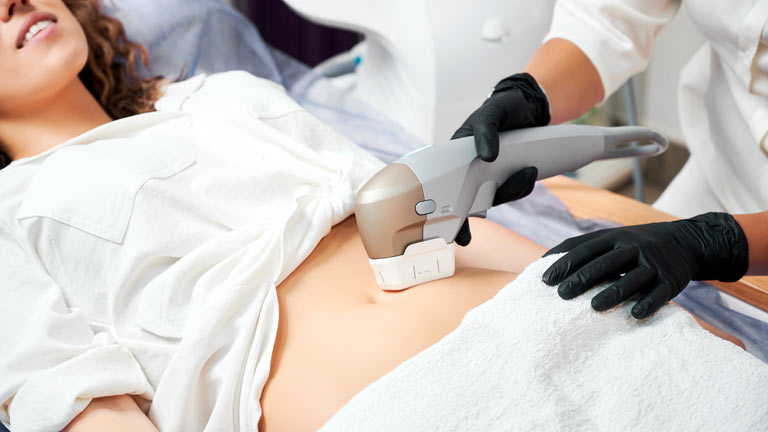Most people think of medical lasers as tools used for surgery. However, medical lasers are also being increasingly used for cosmetic treatments. This is because they offer several advantages over traditional methods. In particular, medical lasers can provide more accurate and consistent results than other methods. Additionally, they are less invasive and cause less damage to the skin than traditional methods. As a result, medical lasers are becoming an increasingly popular choice for those seeking cosmetic treatment. This has in turn increased the need for maintenance and repairs in respect of this sensitive and technical equipment.
Advantages of medical lasers
Medical lasers allow for pinpoint accuracy in their use and provide comparable results between patients. This is the result that every practitioner wants in the interests of their patients. As well, it is a much more comfortable and less damaging experience for the patient when a laser is used compared to a traditional surgical approach. It is for this reason that the use of lasers has increased and become the popular method in clinics offering cosmetic treatment.
Importance of regular maintenance
To do their job, these lasers must be repaired and maintained regularly. Then the customer can feel reassured they are not only getting the latest technology but one that is working correctly and efficiently for their benefit. Those using medical lasers can be confident that they will not break down in the middle of a treatment. This would be embarrassing and hardly instill confidence in those who are perhaps already nervous about having cosmetic treatments.
These lasers must be repaired and maintained so that they work correctly and efficiently at all times. This is important for both safety and efficiency reasons.
Some of the common problems that can occur with medical lasers
- Leaking fluid
- Dirty lenses
- Faulty electrical connections
These problems can cause medical lasers to work less effectively or not at all. In some cases, they can also be dangerous. As a result, it is important to have equipment of this kind regularly serviced by a qualified technician.
Apart from ensuring efficiency and safety, regular maintenance will help to prolong the life of medical lasers. This is cost-effective for a clinic relying on them to carry out cosmetic treatments using the latest technology.
Need for qualified technicians for medical laser repair and maintenance
It is important to use qualified technicians for medical Apex laser repairs and maintenance. Qualified technicians have the skills and knowledge necessary to safely and effectively repair and maintain this type of equipment. Additionally, they can help to troubleshoot any problems that are occurring with medical lasers.
By ensuring that lasers are repaired and maintained regularly, you can help to ensure that they continue to work in the way the manufacturer intended. We cannot sacrifice the patient experience because that is what will keep them coming back to a clinic for more treatment. Many of the cosmetic treatments are temporary and so will mean repeat business for a clinic providing the best treatments with well-serviced pieces of equipment.
Another thing to consider with having equipment serviced properly is that cosmetic treatments can sometimes end up with bad press when those underqualified are carrying out the treatments. Cosmetic practitioners will not want to add to this headline by not hiring the very best when it comes to the maintenance and repairs of their equipment. Expertise is required in maintenance as well as the treatments themselves and we should not overlook that fact. To do a good job, we need not just the best tools, but those that have been sufficiently maintained to operate to maximum capacity.
Whether you are looking for someone to repair your medical lasers or someone about to undergo cosmetic treatment, consider the importance of regular maintenance and repairs to the equipment that is carrying out the procedure. We can all feel reassured when the cosmetic laser equipment is as up to the job as the person carrying out the procedure.



